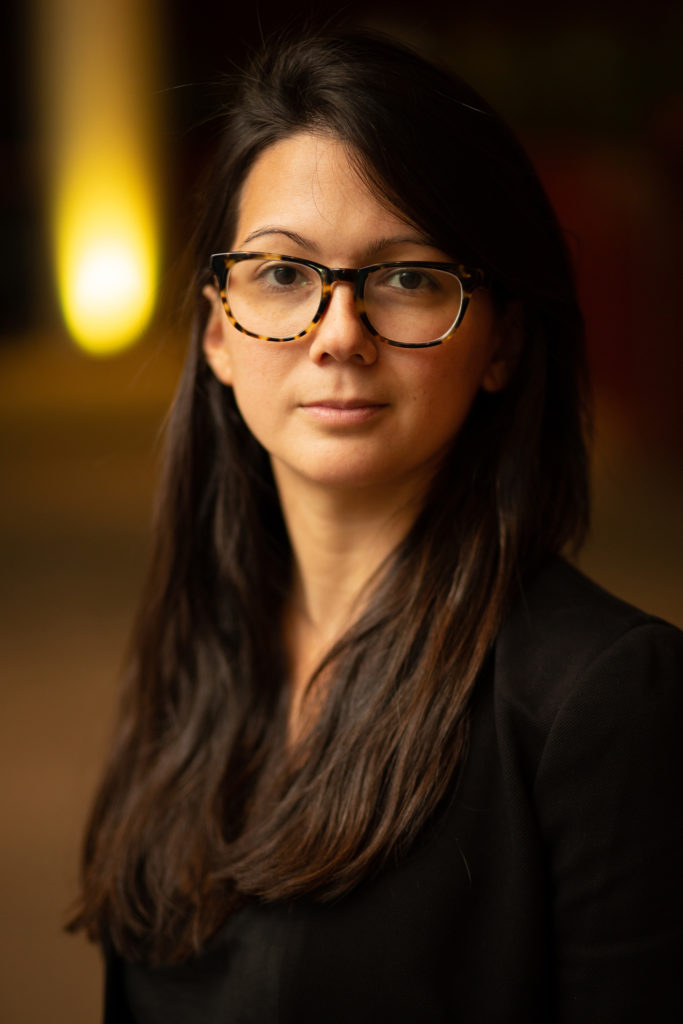Biography
Daniella Zalcman is a Vietnamese-American documentary photographer based in New Orleans, LA. She is a 2021 Catchlight Fellow, a multiple grantee of the National Geographic Society and the Pulitzer Center on Crisis Reporting, a fellow with the International Women’s Media Foundation, and the founder of Women Photograph, a nonprofit working to elevate the voices of women and nonbinary visual journalists.
Her work tends to focus on the legacies of western colonization, from the rise of homophobia in East Africa to the forced assimilation education of Indigenous children in North America. Her ongoing project, Signs of Your Identity, is the recipient of the Arnold Newman Prize, a Robert F Kennedy Journalism Award, the FotoEvidence Book Award, the Magnum Foundation’s Inge Morath Award, and part of Open Society Foundation’s Moving Walls 24. You can find her work in National Geographic Magazine, Smithsonian Magazine, The Wall Street Journal, Mashable, BuzzFeed, TIME, The New York Times, and elsewhere.
Daniella is a proud member of the Authority Collective and Diversify Photo, a co-founder of Indigenous Photograph, a co-founder and creative director of We, Women, and a co-author of the Photo Bill of Rights.
Daniella regularly lectures at high schools and universities, and was a visiting professor at Wake Forest University from 2018-2020 and the 2022 T. Anthony Pollner Distinguished Professor at the University of Montana. She is a member of the board of trustees of the W. Eugene Smith Memorial Fund, the board of directors of the ACOS Alliance, and the board of governors of the Overseas Press Club. She graduated from Columbia University with a degree in architecture in 2009.
Articles, Publications, and Appearances
Daniella’s work regularly appears in National Geographic Magazine, Smithsonian Magazine, The Wall Street Journal, TIME, The New York Times, Bloomberg Businessweek, BuzzFeed, and Mashable.
The Inspiring Quest to Revive the Hawaiian Language
Pictured With Their Past, Survivors of Canada’s ‘Cultural Genocide’ Speak Out
These Indigenous children died far away more than a century ago. Here’s how they finally got home.

